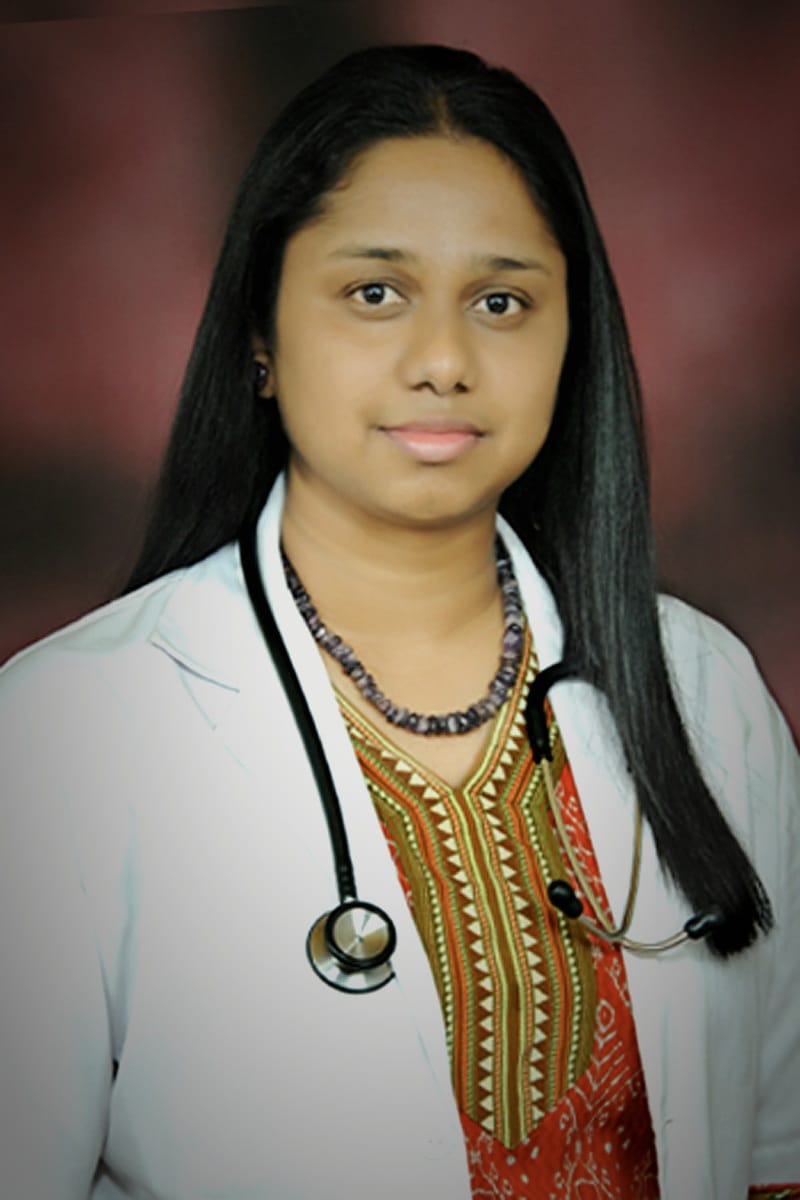How To Reduce Mouth Ulcers?
Suffering from painful mouth ulcers? Discover effective home remedies and practical tips to reduce discomfort and speed up the healing process.

Written by Dr.Sonia Bhatt
Last updated on 13th Jan, 2026

Introduction
Mouth ulcers, also known as canker sores, are small, painful lesions that develop inside the mouth—on the gums, tongue, inner cheeks, or lips. While they are usually harmless and heal on their own within a week or two, they can be quite uncomfortable, making eating, drinking, and even talking painful. If you frequently suffer from mouth ulcers, you might be looking for ways to prevent or reduce them. Here’s a simple, friendly guide to help you manage and reduce mouth ulcers effectively.
What Are Mouth Ulcers?
Mouth ulcers are shallow sores that appear inside the mouth. They can be round or oval with a white or yellowish center and a red border. Unlike cold sores (which are caused by a virus and appear on the lips), mouth ulcers are not contagious.
Common Symptoms of Mouth Ulcers
Common symptoms of mouth ulcers are:
A painful sore inside the mouth: Mouth ulcers typically present as a painful lesion within the oral cavity.
Swelling around the ulcer: The tissue surrounding a mouth ulcer may become inflamed and swollen.
Difficulty eating or drinking, especially spicy or acidic foods: Mouth ulcers can cause discomfort or pain when consuming certain foods and beverages.
A tingling or burning sensation before the ulcer appears: Some individuals may experience a prodromal tingling or burning feeling in the area before a mouth ulcer develops.
Consult Top Endocrinologist for Personalized Care
What Causes Mouth Ulcers?
The exact cause of mouth ulcers isn’t always clear, but several factors can trigger them:
Minor Mouth Injuries: Small injuries from bites, braces, or brushing can create openings for ulcer development.
Nutritional Deficiencies: A lack of essential nutrients like vitamin B12, iron, zinc, or folic acid can increase the frequency of mouth ulcers.
Stress & Hormonal Changes: Emotional stress and hormonal fluctuations can act as triggers for the appearance of mouth ulcers.
Acidic or Spicy Foods: Irritation from citrus fruits, tomatoes, coffee, and spicy foods can contribute to the formation of mouth ulcers.
Underlying Health Conditions: Certain medical conditions such as celiac disease, Crohn’s disease, or a compromised immune system can be associated with recurring mouth ulcers.
Certain Medications: Some medications, including certain painkillers and blood pressure drugs, may have mouth sores as a side effect.
How to Reduce Mouth Ulcers?
While mouth ulcers usually heal on their own, you can take steps to reduce their frequency and discomfort. These are few tips on how to reduce mouth ulcers:
Maintain Good Oral Hygiene: Brush gently, use mild mouthwash, and floss daily to keep the mouth clean and avoid irritation.
Avoid Trigger Foods: Reduce consumption of spicy, acidic, or very salty foods and hot temperatures that can irritate the mouth.
Manage Stress: Practice relaxation techniques and ensure adequate sleep to help prevent stress-related ulcers.
Boost Your Nutrition: Consume foods rich in vitamin B12, iron, and zinc, and consider supplements if frequently deficient.
Stay Hydrated: Drink plenty of water to maintain a moist mouth and prevent irritation.
Use Home Remedies for Relief: Try saltwater rinses, honey, coconut oil, or aloe vera gel to promote healing and soothe pain.
Avoid Tobacco & Alcohol: Refrain from smoking and excessive alcohol consumption to prevent mouth irritation and promote healing.
When to See a Doctor?
Most mouth ulcers heal within 12 weeks, but consult a doctor if:
The ulcer lasts more than 3 weeks.
It is unusually large or extremely painful.
You have frequent ulcers (more than 23 times a month).
You also experience fever, fatigue, or unexplained weight loss.
Conclusion
Mouth ulcers can be annoying, but with the right care, you can reduce their occurrence and discomfort. Simple changes like improving oral hygiene, eating a balanced diet, and managing stress can make a big difference. If ulcers persist or worsen, don’t hesitate to seek medical advice. If you need personalized guidance, you can book a consultation with a doctor on Apollo 24|7 for expert advice and treatment options. Stay healthy and take care of your smile!
Consult Top Endocrinologist
Consult Top Endocrinologist for Personalized Care
Dr Sumanth R
General Physician
2 Years • MBBS
Bengaluru
PRESTIGE SHANTHINIKETAN - SOCIETY CLINIC, Bengaluru

Dr. Anand Ravi
General Physician
2 Years • MBBS
Bengaluru
PRESTIGE SHANTHINIKETAN - SOCIETY CLINIC, Bengaluru

Dr. Nilotpal Mitra
General Physician/ Internal Medicine Specialist
21 Years • MBBS, PGDGM ( Geriatric Medicine), ACMDC (an Advance course in Diabetes and cardiovascular diseases from PHFI and WHF )
Kolkata
MCR SUPER SPECIALITY POLY CLINIC & PATHOLOGY, Kolkata

Dr. Ramalinga Reddy
General Physician
5 Years • MBBS MD General medicine
Bengaluru
PRESTIGE SHANTHINIKETAN - SOCIETY CLINIC, Bengaluru

Dr. Chaithanya R
Internal Medicine Specialist Diabetologist
16 Years • MBBS, MD Internal Medicine, Fellowship in Diabetes(UK), CCEBDM(PHFI)
Bangalore
Apollo Clinic Bellandur, Bangalore
(75+ Patients)
Consult Top Endocrinologist
Dr Sumanth R
General Physician
2 Years • MBBS
Bengaluru
PRESTIGE SHANTHINIKETAN - SOCIETY CLINIC, Bengaluru

Dr. Anand Ravi
General Physician
2 Years • MBBS
Bengaluru
PRESTIGE SHANTHINIKETAN - SOCIETY CLINIC, Bengaluru

Dr. Nilotpal Mitra
General Physician/ Internal Medicine Specialist
21 Years • MBBS, PGDGM ( Geriatric Medicine), ACMDC (an Advance course in Diabetes and cardiovascular diseases from PHFI and WHF )
Kolkata
MCR SUPER SPECIALITY POLY CLINIC & PATHOLOGY, Kolkata

Dr. Ramalinga Reddy
General Physician
5 Years • MBBS MD General medicine
Bengaluru
PRESTIGE SHANTHINIKETAN - SOCIETY CLINIC, Bengaluru

Dr. Chaithanya R
Internal Medicine Specialist Diabetologist
16 Years • MBBS, MD Internal Medicine, Fellowship in Diabetes(UK), CCEBDM(PHFI)
Bangalore
Apollo Clinic Bellandur, Bangalore
(75+ Patients)